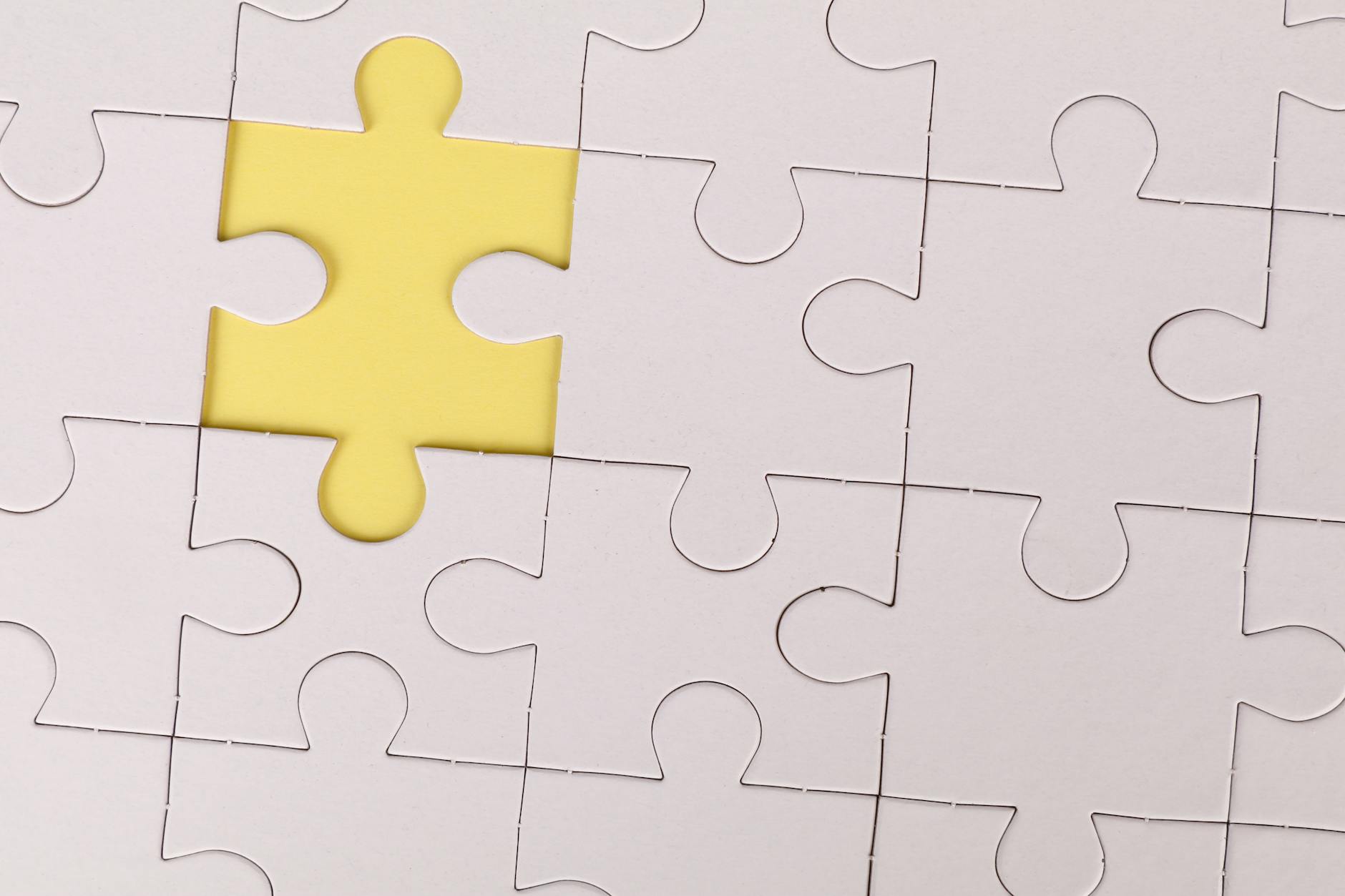Delve into the depths of PTSD and discover how to conquer the invisible battle within, paving the path to healing.
Table of Contents
Living with post-traumatic stress disorder (PTSD) can feel like fighting an invisible battle every day. This mental health condition often develops after a person has experienced a traumatic event, leaving lasting psychological wounds that can affect all areas of life. But understanding PTSD and knowing how to overcome it is crucial for reclaiming control and finding peace within yourself.
Understanding PTSD
PTSD is a mental health condition that can develop after a person has experienced or witnessed a traumatic event, such as a natural disaster, assault, accident, or combat. It is natural for individuals to feel afraid during and after a traumatic situation, but for some, these feelings do not fade away over time. Instead, they may persist and interfere with daily life, leading to the development of PTSD.
Common symptoms of PTSD include:
- Flashbacks or intrusive memories of the traumatic event
- Nightmares and sleep disturbances
- Feelings of detachment or numbness
- Hyperarousal or exaggerated startle response
- Avoidance of reminders of the traumatic event
Seeking Help and Support
It is essential for individuals struggling with PTSD to seek help and support from mental health professionals, such as therapists, counselors, or psychiatrists. These professionals can provide therapy, medication, and coping strategies to help manage symptoms and improve quality of life.
Support from friends, family, and support groups can also play a crucial role in the recovery process. Talking openly about your experiences and feelings with loved ones can help you feel less isolated and more understood. Connecting with others who have experienced similar trauma can provide validation, empathy, and guidance on how to cope.
Strategies for Managing PTSD Symptoms
Managing PTSD symptoms involves a combination of therapy, medication, self-care, and lifestyle changes. Here are some strategies that can help individuals cope with the effects of PTSD:
1. Therapy
Cognitive behavioral therapy (CBT) and eye movement desensitization and reprocessing (EMDR) are two common types of therapy used to treat PTSD. These therapies help individuals process traumatic memories, challenge negative thought patterns, and develop healthy coping skills.
2. Medication
Antidepressants and anti-anxiety medications are often prescribed to help manage symptoms of PTSD. These medications can help regulate mood, reduce anxiety, and improve sleep quality.
| Topic | Description |
|---|---|
| What is PTSD? | Post Traumatic Stress Disorder (PTSD) is a mental health condition that is triggered by a terrifying event, either experiencing it or witnessing it. Symptoms may include flashbacks, nightmares, severe anxiety, and uncontrollable thoughts about the event. |
| Causes of PTSD | PTSD can develop after experiencing a traumatic event such as combat exposure, childhood trauma, sexual assault, natural disasters, or other life-threatening events. |
| Symptoms of PTSD | Common symptoms of PTSD include intrusive memories, avoidance of triggers, negative changes in mood and thinking, and hyperarousal (feeling on edge). |
| Treatment Options | Treatment for PTSD may include therapy (such as cognitive behavioral therapy or EMDR), medication, and support groups. It is important for individuals with PTSD to seek help from mental health professionals. |
| Coping Mechanisms | Methods for coping with PTSD include practicing self-care, engaging in relaxation techniques, maintaining a support system, and learning to reframe negative thoughts. |
3. Self-Care
Self-care practices, such as regular exercise, healthy eating, mindfulness meditation, and adequate sleep, can help reduce stress and improve overall well-being. Taking care of your physical health can also have a positive impact on your mental health.
4. Lifestyle Changes
Creating a routine, setting boundaries, and practicing relaxation techniques can help minimize triggers and manage symptoms of PTSD. Engaging in activities that bring joy, purpose, and meaning to your life can also help improve your mental health.
Overcoming PTSD and Finding Peace
Overcoming PTSD takes time, effort, and dedication, but it is possible with the right support and resources. By understanding your symptoms, seeking help, and implementing healthy coping strategies, you can take steps towards healing and reclaiming control over your mental health.
Remember that healing is a journey, and progress may not always be linear. Be patient and kind to yourself as you navigate the ups and downs of recovery. With determination, resilience, and a willingness to seek help, you can overcome the battle within and find peace and healing on the other side of PTSD.
FAQ
What are the main causes of PTSD?
Answer 1: PTSD can develop after experiencing events such as combat exposure, childhood trauma, sexual assault, natural disasters, or other life-threatening situations.
What are the most common symptoms of PTSD?
Answer 2: Common symptoms include flashbacks, nightmares, severe anxiety, avoidance of triggers, negative changes in mood and thinking, and hyperarousal (feeling on edge).
How can therapy help in managing PTSD?
Answer 3: Therapy, such as cognitive behavioral therapy or EMDR, can help individuals process traumatic memories, challenge negative thought patterns, and develop healthy coping skills to manage PTSD symptoms.
What lifestyle changes can help in overcoming PTSD?
Answer 4: Engaging in routines, setting boundaries, practicing relaxation techniques, and participating in joyful activities can help minimize triggers and manage symptoms of PTSD, promoting overall well-being and mental health.





